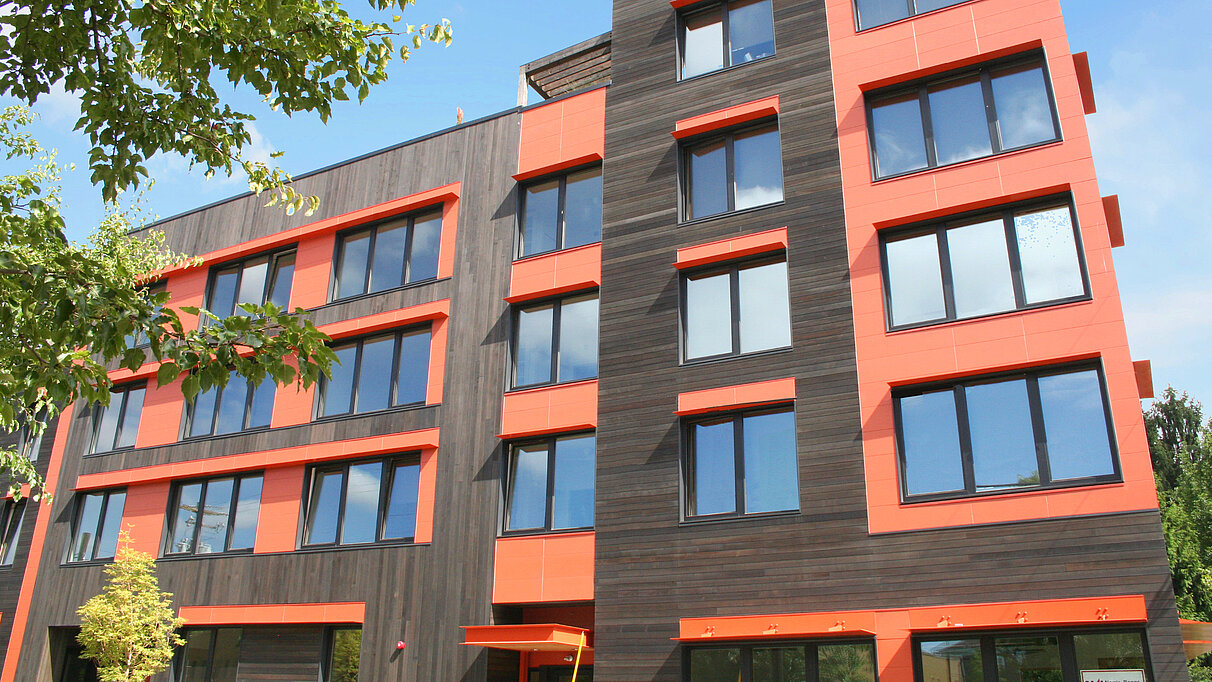Schöck on Green Building.
Do the right thing.
Green building is now mainstream, and on track to dominate multi-unit residential construction in North America – as it already does throughout Europe – dictated by increasingly stringent code requirements, energy costs, carbon footprint, occupant preference and simply because "it's the responsible thing to do.”
read more
Building green is profitable.
On average, green buildings cost 14% less to operate and have a 7% higher asset value compared with conventional construction, according to Dodge Data & Analytics. Reducing energy consumption, promoting greater health and well-being of building occupants, and encouraging sustainable building practices remain top reasons for building green.
Building green matters to owners and tenants.
National Apartment Association research finds that occupants in green certified buildings tend to be more satisfied that those in conventional buildings. Similarly, an independent study by Strata Research found that 77% of US renters believe it is important that their apartment is green, and that 72% would trade off other features such as extra storage, for green features.
Building green is here to stay.
Green building rating systems such as Passive House, LEED, Energy Star, Net Zero Energy, and Living Building continue to challenge builders and developers to construct energy efficient structures. According to the Net Zero Energy Coalition, net zero homes grew by 33% in 2016 and over half of those structures (61%) were larger, multi-family projects.
Building green need not be costly or complex, or yield marginal improvements in efficiency. Structural thermal breaks from Schöck are economical to purchase, easy to install, operate passively and require no maintenance, while yielding extraordinary performance results: up to 90% reduction in heat loss at balcony penetrations and up to 50% at slab edges, canopy penetrations and rooftop penetrations. Moreover, Schöck Structural Thermal Breaks prevent the mold and rust caused by interior condensation on cold penetrations, while making your building more desirable to buyers and tenants – all of which will have developers seeing green.

